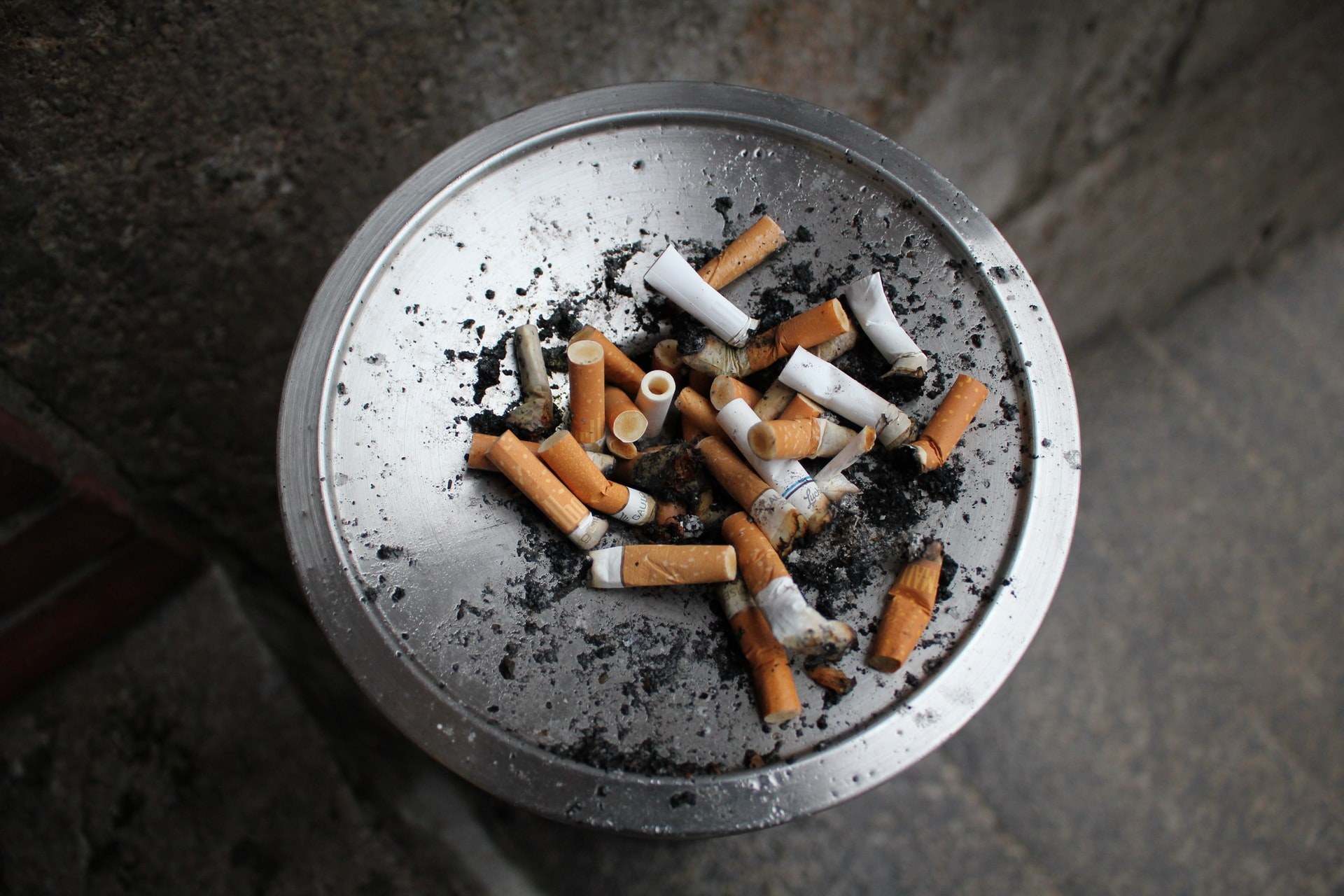Tobacco use remains the single greatest preventable cause of death and disease in the world, killing more than 8 million people every year. In Australia and New Zealand, it contributes to more deaths and hospitalisations than alcohol, illicit drug use, road vehicle accidents and injuries combined.
The tobacco industry has experienced a significant downturn in demand over the last two decades and the once stable sector is showing signs of volatility as many investors join the tobacco-free movement. However, if you have your money invested in bank accounts, pension funds or other investment products, there's a decent chance you may still be unwittingly supporting the tobacco industry.
Australian super funds alone are estimated to invest at least AU$1.5 billion in tobacco companies.
How are investors investing in tobacco?
There are various ways that the financial institution managing your money can think about tobacco. Those investors claiming to be 'tobacco free' will typically not allow any companies engaged in tobacco production or manufacturing into their investment portfolios. However, they may allow companies into the portfolio which derive a small amount of revenue from the packaging of tobacco or the distribution or sale of tobacco (such as Woolworths).
There are no tobacco producers listed on the ASX for example, so Australian listed investments are largely immune. However most Australians or Kiwis who have a superannuation fund or KiwiSaver account will find their money is likely invested in a multi-asset fund, which includes international investments. This is where the exposure to companies producing tobacco - such as Altria Group (owner of Philip Morris), British American Tobacco, Japan Tobacco and Imperial Brands - may creep in.
Where investment managers directly manage the investment, excluding tobacco stocks is relatively straightforward for them to do. Indirect exposure through financial instruments such as derivatives, hedge funds, ETFs etc can be harder to identify.
78% of New Zealanders believe that it's important that their financial institution avoids investing in tobacco.
What can I do to avoid investing in tobacco?
The good news is that any products certified by the Responsible Investment Association Australasia and listed here on Responsible Returns must take these issues into consideration.
For example, a RIAA certified investment product must not be invested directly in any company deriving any revenue from tobacco production and they must declare the nature of any other investment relating to tobacco such as its distribution or packaging. If tobacco is an important theme for you, make sure you select 'Tobacco' when searching for a product on Responsible Returns that matches your values and interests.
More broadly, we recommend looking under the bonnet at the underlying portfolio of the product you're considering investing in - ie its 'product holdings' - to see if any tobacco companies are in the mix or companies that may be involved in its sale or distribution for example. Additionally you can look out for the Tobacco Free Finance Pledge which signifies that a financial institution has committed to implementing tobacco-free finance policies.
Photo by Julia Engel on Unsplash







